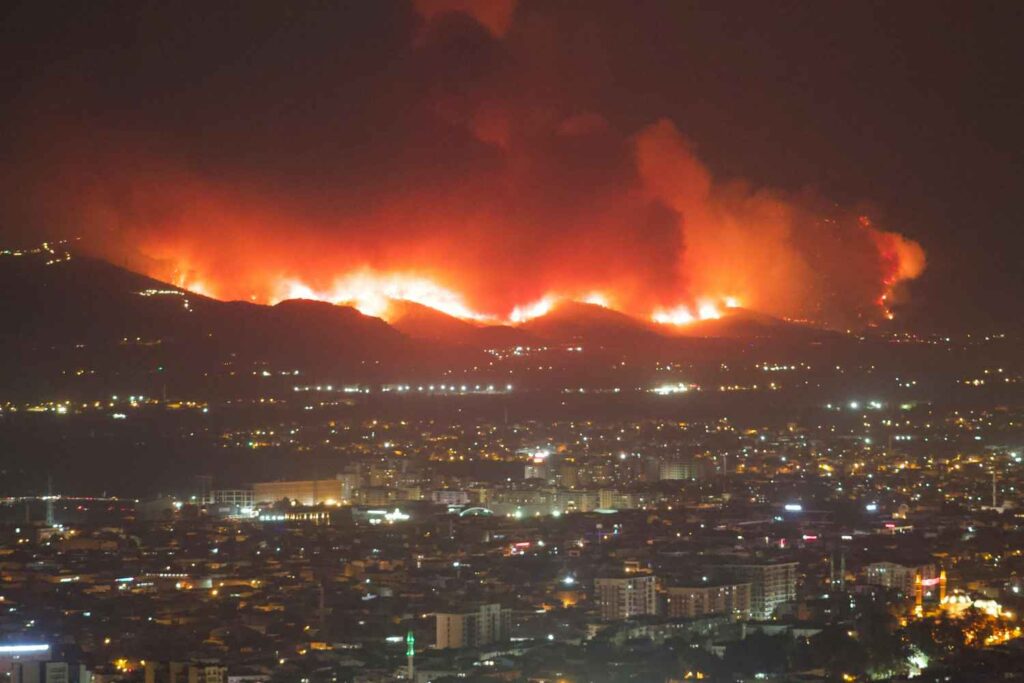Public Attitudes to Responding to Global Catastrophic Risks: A New Zealand Case Study
This paper examines public opinion on the New Zealand government’s potential role in planning for global catastrophic risks. Based on a representative survey, 66% of respondents supported the government developing specific plans to address catastrophic risks, and 60% supported establishing a dedicated commission or agency. Support was positively associated with age, education, income, and trust […]
Public Attitudes to Responding to Global Catastrophic Risks: A New Zealand Case Study Read More »










